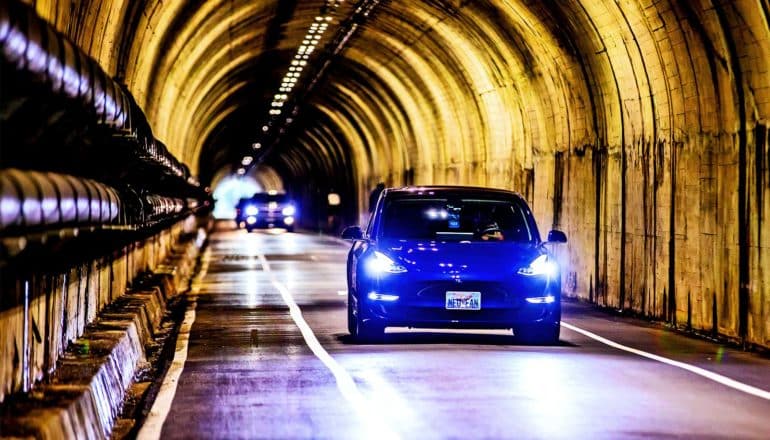
Replacing a gas-powered ride-hailing vehicle with an electric vehicle can deliver three times the carbon benefits of a personally owned electric car, according to a study of Uber and Lyft data.
That’s because ride-hailing vehicles travel more miles than personal vehicles, making them more efficient. Also, they typically charge during the day, when a greater quantity of solar energy is powering the grid.
“Electric vehicles are beneficial, and that benefit is larger if you’re traveling more miles and charging from renewable sources during the day,” says lead author Alan Jenn, a professional researcher at the Institute of Transportation Studies at the University of California, Davis, .
Both Uber and Lyft are converting more of their fleet to electric, and Lyft recently committed to becoming 100% electric by 2030.
The study drew from Uber and Lyft data on travel behavior and public charging use in California between early 2017 through late 2018, a time of rapid growth for ride-hailing services.
There have been some concerns about the ability of ride-hailing electric vehicles to provide the same level of service as gas-powered vehicles, due to more limited range and the time needed to charge. The study’s analysis showed those concerns are overstated, noting it found no statistical difference between the two technologies for ride-hailing companies.
Jenn was also surprised to find that, while ride-hailing services are a tiny fraction of traffic, they used more than 30% of the energy provided by public charging stations—about 60 times more public energy than that used by privately owned vehicles.
That finding points to the challenge of planning and developing the public infrastructure and charging capacity needed to accommodate both private and ride-hailing fleets. That issue is an active area of research.
“With COVID-19, it’s hard to make predictions about how services like Uber and Lyft continue,” Jenn says. “That said, California passed legislation in 2018 that compels transportation networking companies to become cleaner, and part of that involves electrification. So there is currently regulatory pressure for these companies to use cleaner vehicles regardless of the pandemic situation.”
While the data was collected in pre-pandemic times, the results also can hold implications for delivery drivers and the gig economy, where drivers make multiple trips throughout the day. Such vehicles, if electrified, offer great emissions savings over vehicles driven less often and charged mostly at night.
The research appears in the journal Nature Energy.
Funding for the study came from the National Center for Sustainable Transportation, which gets support from the US Department of Transportation through the University Transportation Centers program.
Source: UC Davis
The post Uber or Lyft electric car swap saves 3X more carbon than yours appeared first on Futurity.
from Futurity https://ift.tt/3fn1GyZ
No comments:
Post a Comment